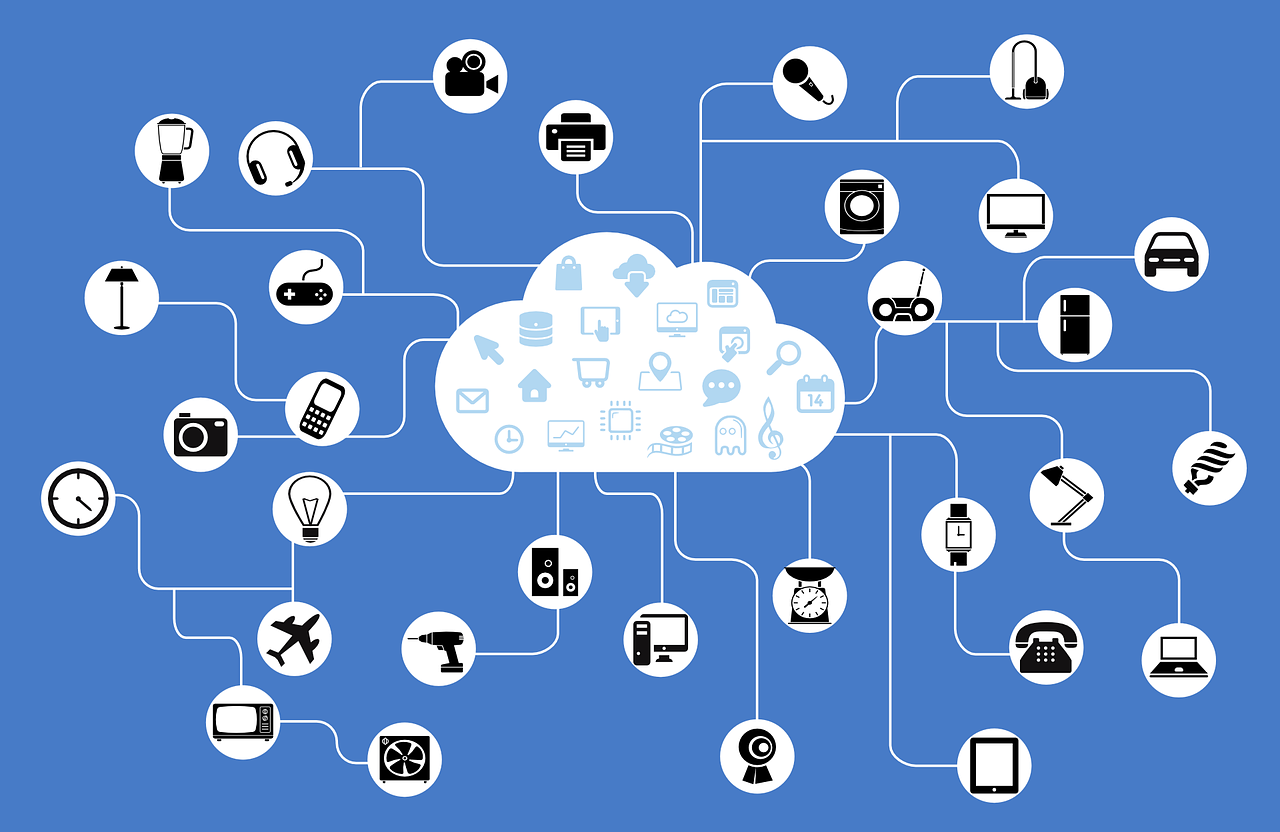
The Internet of Things isn’t a new concept. In fact it’s been around since the first internet connected toaster was developed by two entrepreneurs and revealed at Interop in 1990. However the hype around the Internet of Things (IoT) and smart technology is building apace with real commercial benefits beginning to emerge. But what exactly is the Internet of Things (IoT) and how does it affect you and your business?
Basically IoT is all about connecting everyday items to the internet giving us the ability to send and receive messages to household devices as well as them being able to talk to each other. We’re already seeing this technology being adopted by energy companies, giving home owners the ability to turn on heating and control the temperature when they’re not at home, via their smart phones.
On a more commercial scale, IoT is also being used on petrol forecourts with petrol tanks being remotely measured, using sim card technology to flag up when they need refuelling along with CCTV remote surveillance and camera networks that could, in the future, allow cameras to work in sync with each other.
RHM is already working with a number of businesses who are taking advantage of this up and coming technology. The introduction of new commercial models for mobile technology, called M2M (machine to machine) is opening up endless opportunities.
These new commercials for mobile connectivity gives vending machine suppliers for example the ability to monitor 1000’s of machines using low bandwidth, low rental sim cards. RHM has also been working with taxi firms helping to enhance their productivity, enabling control rooms to locate and push jobs to drivers, streamlining procedures at an exceptionally cost effective manner by providing low bandwidth and low rental sim cards.
RHM has agreed wholesale agreements with key providers of M2M sim cards allowing their customers to take advantage of low volume, low cost data for as little at £1.99/month.
At the other end of the scale businesses have an increasing appetite for ever faster bandwidth. The expectation is that the cost of this bandwidth will keep decreasing and the speeds increasing. This means that RHM is consciously keeping an eye on emerging new internet access technologies for its customers
BT Openreach is implementing an aggressive roll out of its FTTP (Fibre to the Premises) technology, where fibre optic cable runs directly from the exchange to the user’s home or business, providing speeds of up to 500 megabits per second. BT has already provided 327,000 commercial and domestic premises with FTTP and has a target of 2 million by 2020.
BT is also launching a new technology between February – April next year called Ultra Fast or G Fast broadband reaching superfast speeds of 330 megabits per second. This is initially due to be rolled out to 17 telephone exchanges, including Cheltenham and Swindon and is due to reach 40% premises by 2020 and most of the UK by 2025.
As an authorised partner of BT, RHM is sitting at the cutting edge of these new, innovative technologies and will be talking to its customers about how these new applications can bring big business benefits and how faster, cost effective connectivity is just around the corner.
© rhm telecommunications 2025